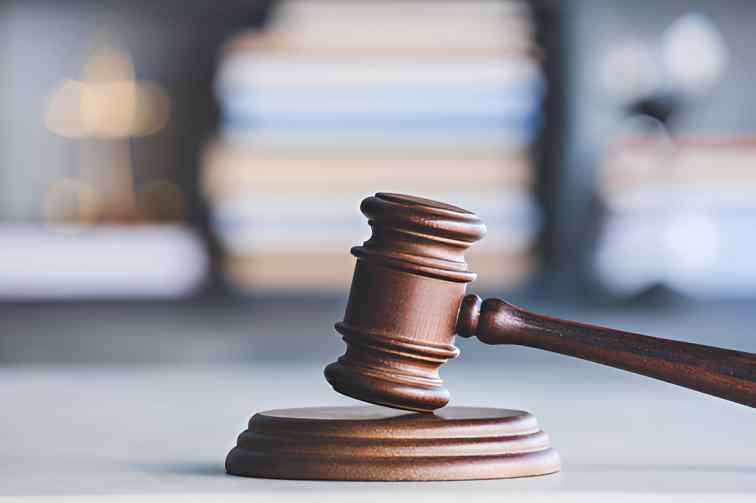Safaricom and Airtel have been directed by the High Court to release all withheld revenues from Skiza and Hello Tunes to artistes and copyright owners, after the dismissal of a case that sought to change how the funds are shared.
The court lifted interim orders that had frozen payments since May, allowing artistes to now access the money collected from subscribers during that period.
In his ruling, Justice John Chigiti ordered: “The interim orders are vacated. The first and second Interested Parties (Safaricom and Airtel) shall release all the funds held by them since the date of the grant of the interim orders to all the affected artistes to date forthwith.”
The petitioners, Justus Ngemu and Saul Esikuri, had sought the enforcement of Section 30C of the Copyright Act, amended in 2022.
The law provides that artistes or copyright holders should receive at least 52 percent of ringback tune revenues, while telecommunication firms get 39.5 percent and Premium Rate Service Providers (PRSPs) 8.5 percent.
They also wanted the court to compel telcos to remit the net revenue directly to artistes instead of channeling payments through PRSPs.
The court, however, ruled that PRSPs are free to enter into individual contracts with artistes.
Justice Chigiti held that revenue payable to artistes would continue to be disbursed as it was before the suit was filed.
“To this Court, Sub-section 30(2) of the Act, in its plain reading, means that the premium rate service providers and artistes or owners of the copyrights are at liberty to enter into individual contracts to regulate their business.
By so providing, it is clear that the legislator knew of the existence of such arrangements in the industry and the Act does not outlaw the existing contractual relationships,” said the judge.
He further observed that the law was designed to accommodate future contractual arrangements between PRSPs and artistes or copyright holders, provided they comply with the statute.
Ngemu and Esikuri argued that despite the amendment of the law, the Copyright Board had continued to allow telecommunication companies to remit payments to PRSPs rather than directly to artistes.
But the court noted that the petitioners had not made PRSPs parties to the case, even though they were central to the contracts in question.
“The court has curiously noted that the Applicant did not make the premium rate service providers that the Applicants are in a contractual relationship with parties to this suit,” said Justice Chigiti.
He also found that granting the application as framed would unfairly affect many other artistes with existing contracts with PRSPs, who were not part of the case and would therefore be condemned unheard.
